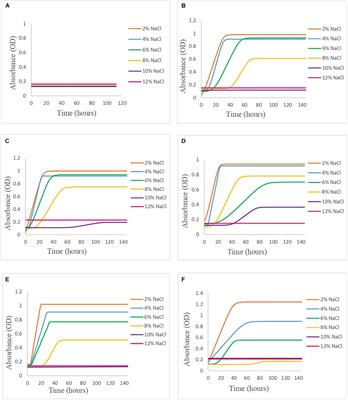EDITORIAL
Published on 25 Nov 2021
Editorial: Vibrio Species in the Food Processing Chain
doi 10.3389/fmicb.2021.796796
- 1,284 views
- 2 citations
10k
Total downloads
47k
Total views and downloads
EDITORIAL
Published on 25 Nov 2021
TECHNOLOGY AND CODE
Published on 02 Sep 2021

MINI REVIEW
Published on 30 Jun 2021

ORIGINAL RESEARCH
Published on 08 Jun 2021

ORIGINAL RESEARCH
Published on 04 Jun 2021

ORIGINAL RESEARCH
Published on 21 May 2021

ORIGINAL RESEARCH
Published on 12 Mar 2021

ORIGINAL RESEARCH
Published on 08 Mar 2021
